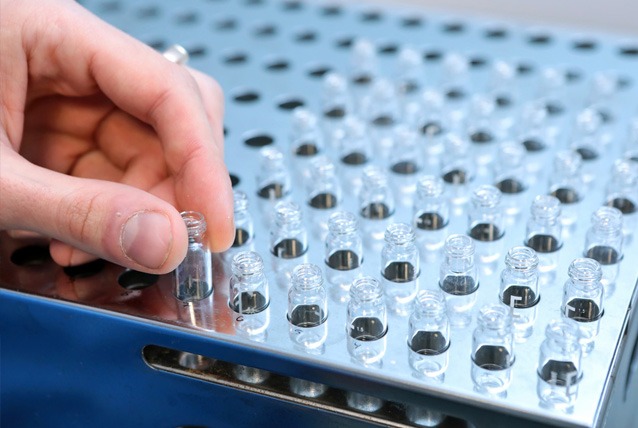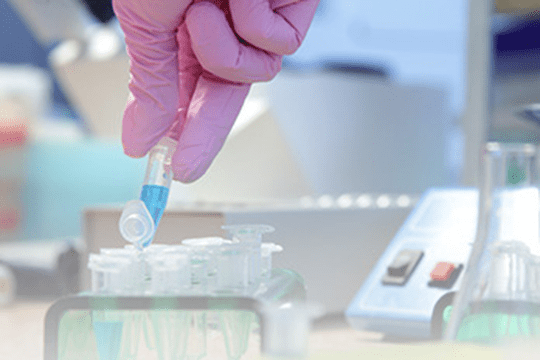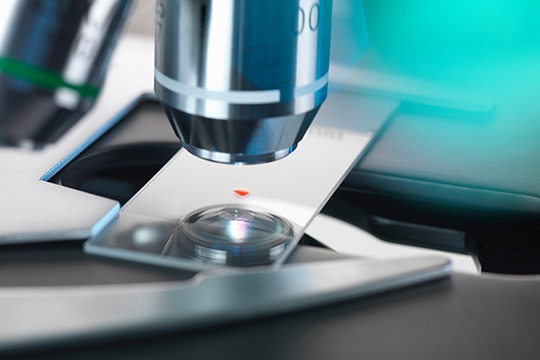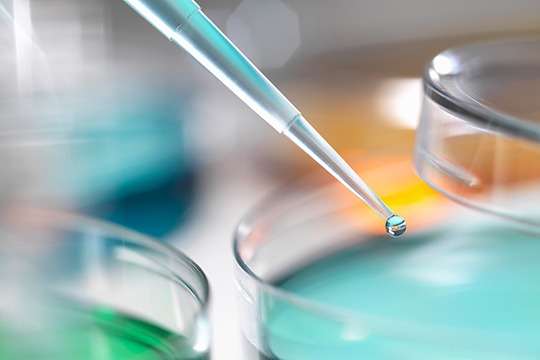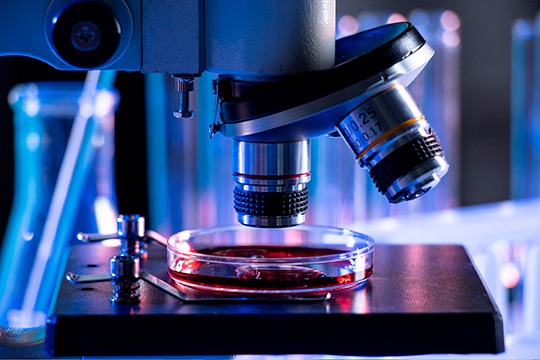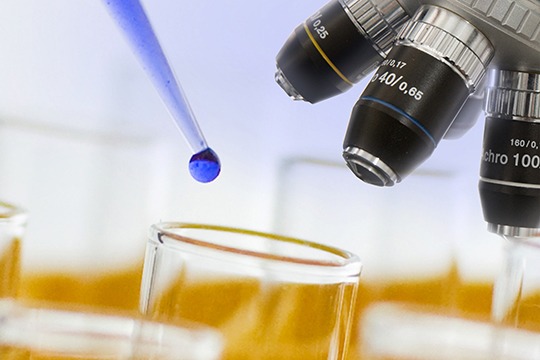Rare and Complex Diseases
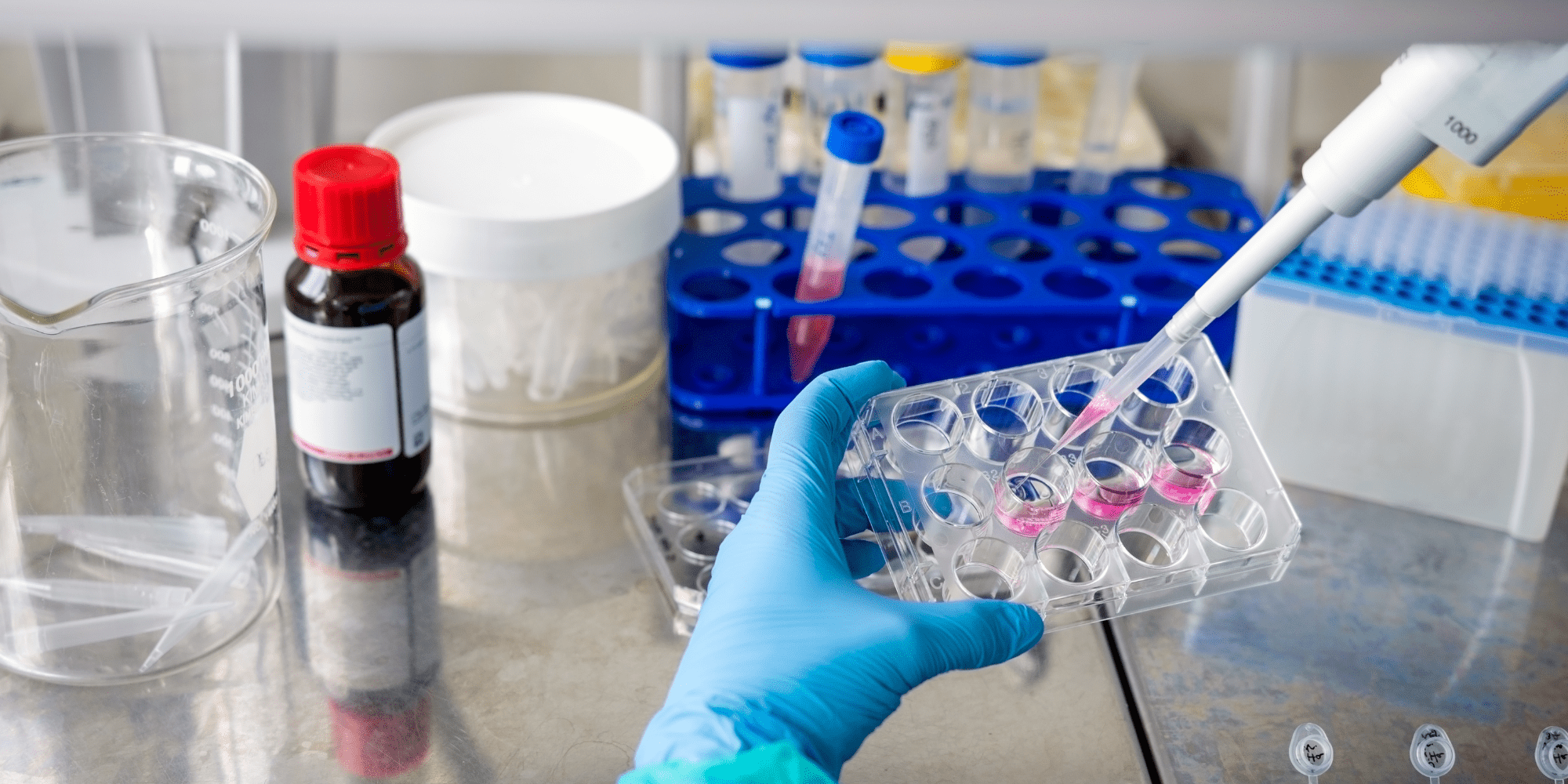
A disease is classified as rare if it affects less than six patients per 10,000 people in the general population. Due to the low prevalence of such diseases, the road to diagnosis often termed the “diagnostic odyssey”, can last for more than 5 years (1). As a total of 80% of rare diseases have a genetic component (2), the use of Next-Generation Sequencing (NGS) technologies can provide information on the underlying genetic aetiology, resulting in a faster diagnosis and helping patients start treatment programs much more quickly. Uncovering the underlying causes reveals precision medicine treatment options for patients and can be of huge benefit for care standards and symptom management.
Complex diseases are multifactorial and have both genetic and environmental components. The genetic backgrounds of these diseases are often polygenic and do not follow a Mendelian pattern of inheritance. More importantly, many of the mutations responsible are in complex non-coding regions of the genome. Recent developments in NGS technologies have made these regions more accessible for analysis and are accelerating complex disease research.
- 1.Global Commission to End the Diagnostic Odyssey for Children with a Rare Disease, 2019 https://www.globalrarediseasecommission.com/AboutUs
- 2.Smedley, D. et al. 100,000 Genomes Pilot on Rare-Disease Diagnosis in Health Care – Preliminary Report. N. Engl. J. Med. 385, 1868–1880 (2021)
Genomics Application in Rare and Complex Diseases
- The high throughput nature of whole genome and whole exome sequencing allows for the identification of rare and common genetic variants associated with specific diseases.
- RNA sequencing can be used for differential expression analysis in response to certain therapeutics to assess their suitability for treatment of the disease in question. It can also illuminate on the functional consequence of variants of uncertain significance and help in prioritising variants of interest.
- Epigenetic analysis is important in complex disease research given the common occurrence of variants in non-coding regions. Analysis of methylation and histone modifications provides insight into mechanisms that regulate gene activity.
